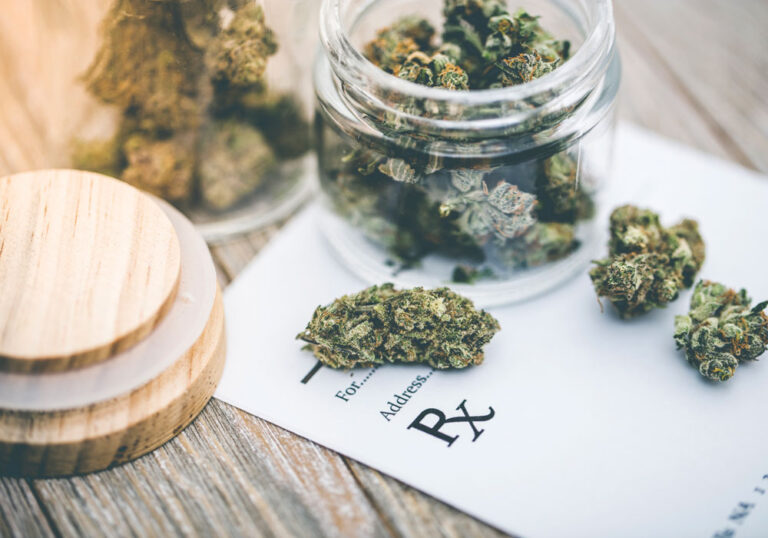In the midst of a rapidly evolving landscape, understanding cannabinoids, their types, legal statuses, and practical usage is vital. The surge in the popularity of cannabinoids for medicinal and recreational use has generated a whirlwind of information, which can sometimes lead to confusion. This article seeks to demystify the world of cannabinoids, offering clarity on their types, current legal statuses across the world, and practical usage advice.
What are Cannabinoids?
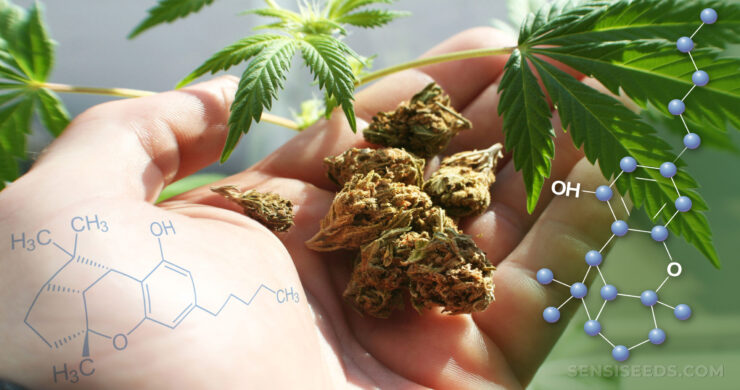
Cannabinoids are a class of diverse chemical compounds that act on cannabinoid receptors in cells, altering neurotransmitter release in the brain. These compounds are mostly known for their presence in the Cannabis plant, where they have an effect on the human nervous system and brain when consumed. There are three general types of cannabinoids: endocannabinoids (produced naturally in the bodies of humans and animals), phytocannabinoids (found in plants, primarily Cannabis), and synthetic cannabinoids (manufactured artificially). D8Austin can help you to find out more!
Endocannabinoids
Endocannabinoids are produced naturally within the human body and participate in regulating various physiological and cognitive processes including fertility, pregnancy, pre- and postnatal development, appetite, pain sensation, mood, and memory.
Phytocannabinoids
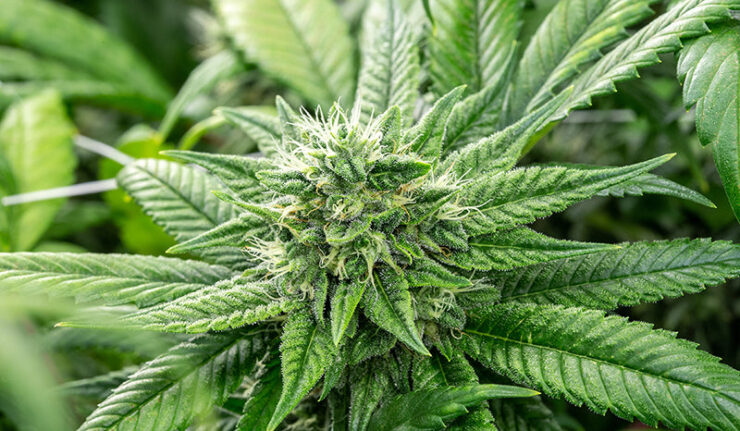
Phytocannabinoids are found in plants, with the most notable being Cannabis. The most well-known phytocannabinoids are delta-9-tetrahydrocannabinol (THC) and cannabidiol (CBD). THC is psychoactive, responsible for the “high” experienced when consuming cannabis, while CBD is non-psychoactive and has been researched for various medical applications.
Synthetic Cannabinoids
Synthetic cannabinoids are artificially manufactured substances designed to mimic the effects of natural cannabinoids. However, they can have unpredictable and dangerous effects, leading many countries to control them as illegal substances.
Legal Status of Cannabinoids
The legal status of cannabinoids varies dramatically worldwide, reflecting diverse perspectives on drug control and public health.
United States
In the United States, the federal legality of cannabinoids is clear: cannabis and its derivatives are classified as Schedule I controlled substances, making their sale and possession illegal. However, there’s significant variation at the state level. Numerous states have legalized medical and/or recreational cannabis use, with regulations and limitations differing from state to state.
United Kingdom
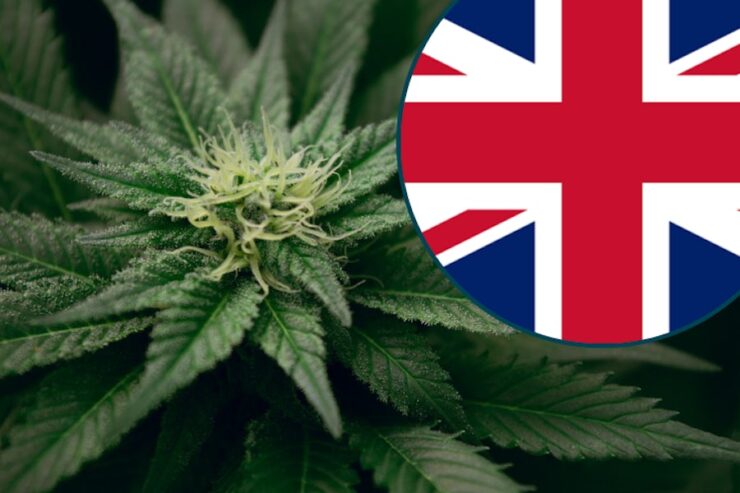
In the United Kingdom, cannabis is classified as a Class B controlled substance, illegal for recreational use. However, certain cannabis-derived products are permitted for medical use.
Canada
Canada is one of the few countries that have fully legalized cannabis. Adults are allowed to possess, share, buy, and grow cannabis, within certain limits.
Australia
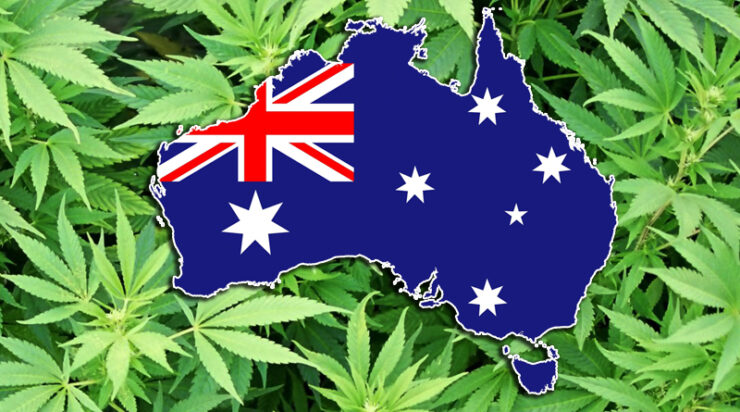
In Australia, the legal status of cannabis varies by state, but it’s generally illegal for recreational use. Medical cannabis use is permitted with a prescription.
Practical Usage Advice
Medical Use
For medical cannabis users, consulting healthcare professionals is crucial to ensure correct dosages, forms, and administration methods. Physicians can provide guidance on the potential benefits and risks, tailoring the approach to individual health needs.
Recreational Use
For recreational users in areas where cannabis use is legal, it’s vital to start with a low dose, especially for those new to cannabis or trying a new product. Consuming too much too quickly can lead to uncomfortable or harmful effects.
CBD Use
For CBD use, consider the form (e.g., oil, tincture, topical, edible) and start with a low dose, gradually increasing until the desired effect is achieved. Always choose reputable sources, ensuring that products have been tested for quality and purity.
Synthetic Cannabinoids
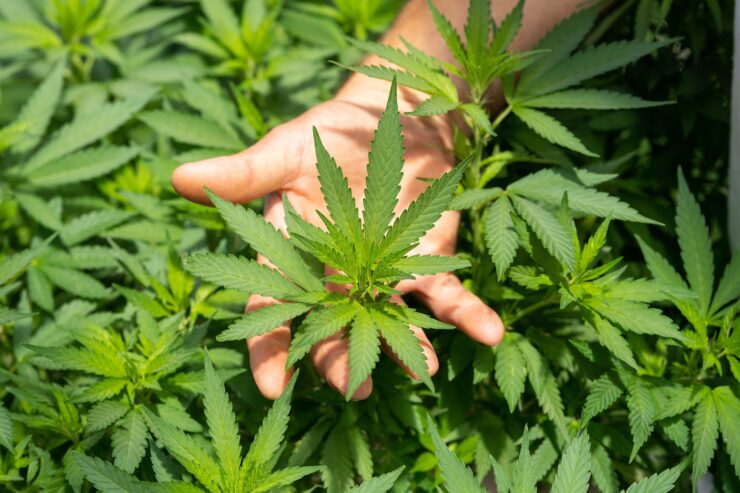
Avoid synthetic cannabinoids. Their unpredictable nature can cause severe health risks, and their use is illegal in many jurisdictions.
FAQs
How does the body process cannabinoids?
The human body processes cannabinoids primarily through the endocannabinoid system (ECS). This system contains receptors that interact with cannabinoids to produce various effects. When cannabis is consumed, cannabinoids like THC and CBD interact with these receptors, leading to different physiological responses, including alterations in pain perception, mood, appetite, and more.
How long do cannabinoids stay in the system?
The length of time cannabinoids stay in the system can vary widely based on several factors including the amount and frequency of use, individual metabolism, body mass, and hydration levels. Generally, THC can be detected in urine for up to 15 days after use, but heavy, chronic use may be detectable for as long as 30 days. For blood tests, THC is generally detectable for about 1-2 days for infrequent users and up to 7 days for chronic users.
Are there any cannabinoids that are legal worldwide?
There isn’t any cannabinoid that is universally legal worldwide. Each country has its own legislation regarding the legal status of cannabinoids. For example, CBD is legal in many places around the world, but not everywhere, and its legal status can change rapidly.
Can cannabinoids interact with other medications?
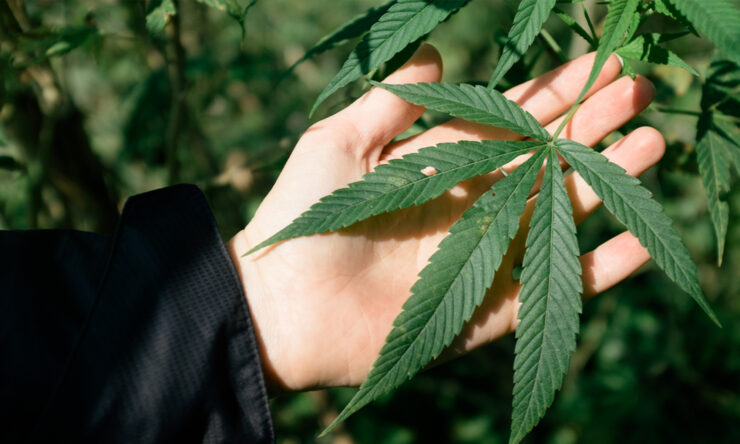
Yes, cannabinoids can interact with other medications. For example, CBD can inhibit the cytochrome P450 system’s ability to metabolize certain drugs, leading to an overall increase in processing times and the medication staying in the system longer. It’s essential for individuals using cannabinoids for medical purposes to consult healthcare professionals to avoid harmful drug interactions.
Are all synthetic cannabinoids harmful?
Not all synthetic cannabinoids are inherently harmful, but they can be riskier than natural cannabinoids. Some are manufactured for legitimate pharmaceutical research and medical use. However, many are produced illegally with little to no quality control, leading to potentially harmful or unpredictable effects.
What are the potential medical benefits of CBD?
CBD has been studied for various potential medical benefits, including pain relief, anti-inflammatory properties, and reduction of anxiety and depression. Additionally, CBD has been shown to alleviate symptoms related to neurological disorders like epilepsy and multiple sclerosis. However, more research is necessary to confirm the full range of its therapeutic effects and long-term safety.
Navigating Cannabinoid Usage Responsibly
In conclusion, navigating the world of cannabinoids responsibly entails a solid understanding of the different types, the current legal status in your region, and heedful usage practices. Medical users should always seek professional medical guidance, and recreational and CBD users should prioritize legality, quality, and safe usage practices to ensure their wellbeing in the context of cannabinoid use. Stay informed about the evolving legal and scientific landscape to make well-rounded, responsible decisions regarding cannabinoid use.

